Tag: English
-
Verb grammar: the simple present
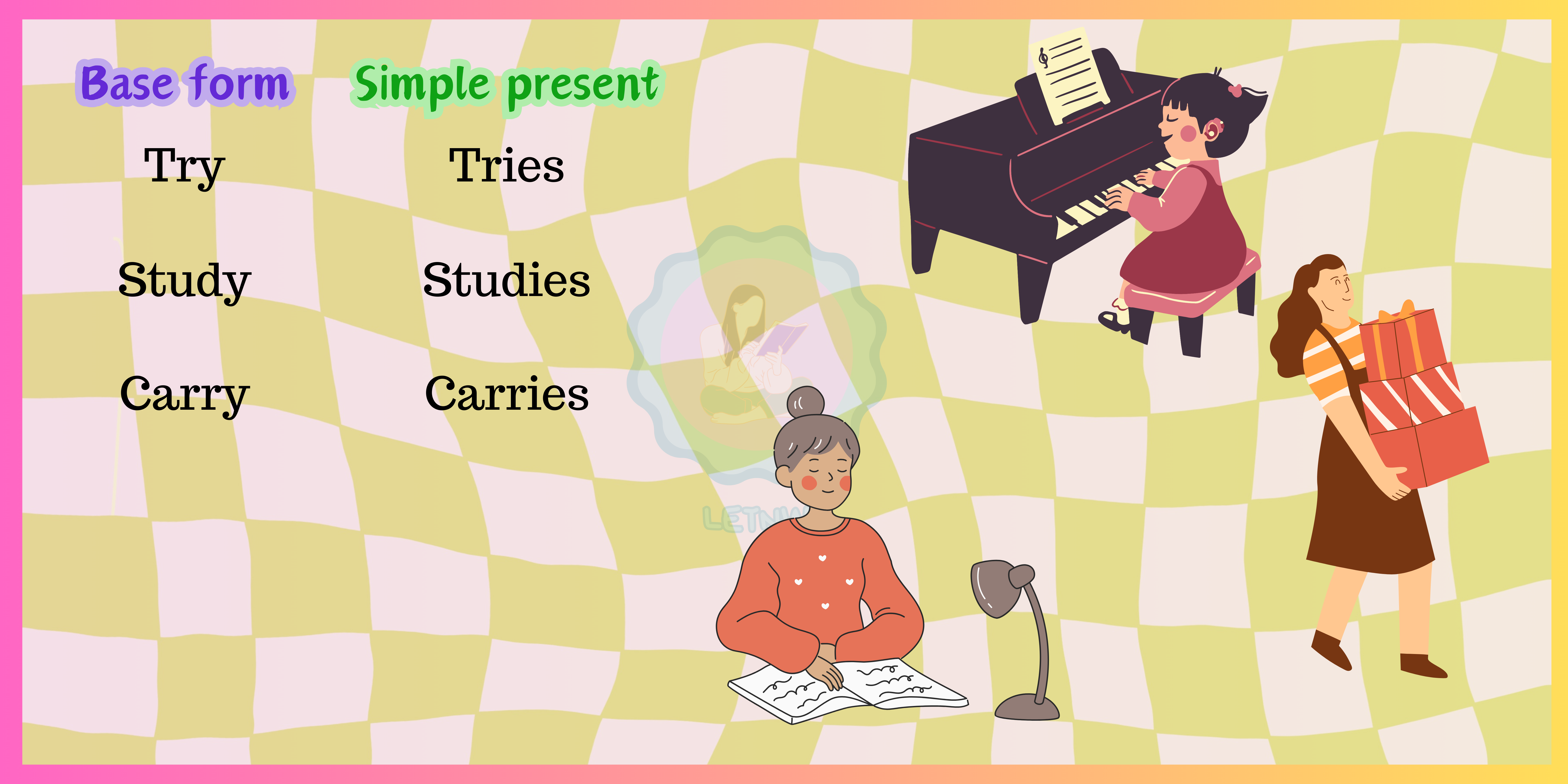
In grammar, we use TENSES to communicate; a TENSE is the from in which we express the TIME CONTEXT we are talking about. When we want to conjugate the verbs in the simple present tense, we need to ad an -S, an -ES or an -IES at the end of the verbs, but we need…
-
Possessive adjectives
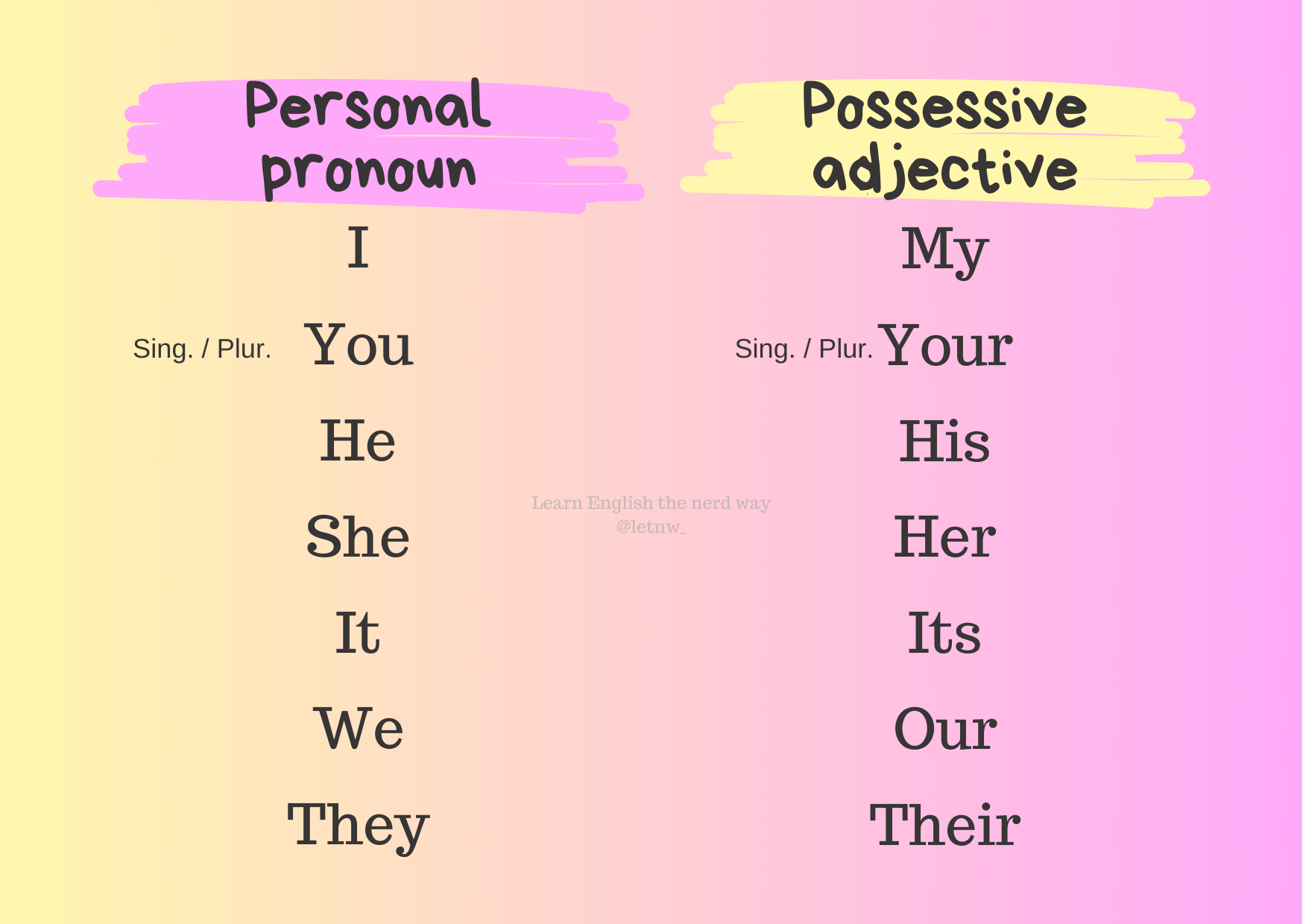
Possessive adjectives are words that we use to describe: In relation to objects (tangible / intangible): ownership or that something belongs to us. In relation to people: the relationship that we share with someone.
-
Demonstrative pronouns: This, That, These, Those
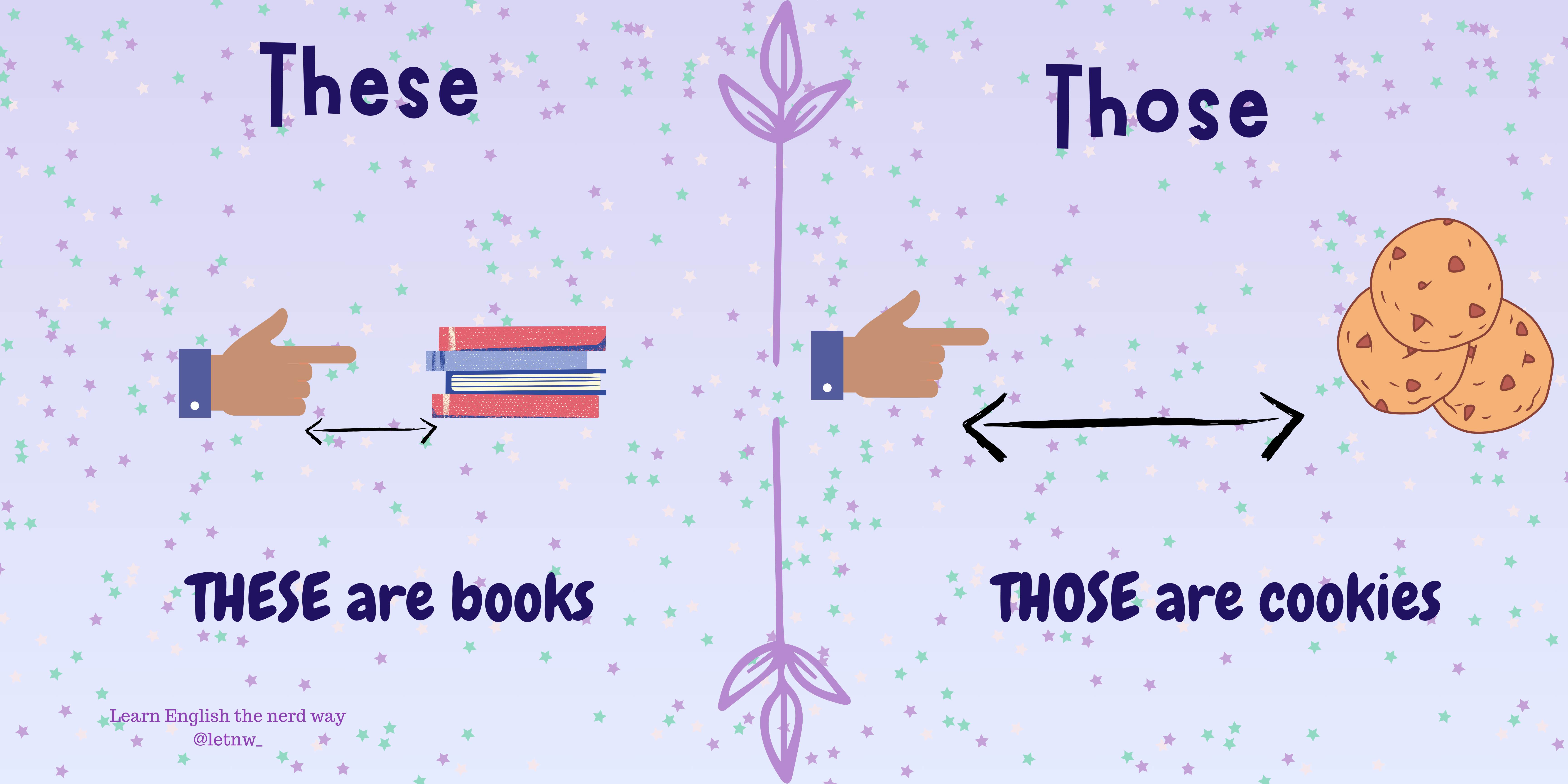
The demonstrative pronouns are words that we can use to represent a thing or things in an indefinite manner, and within distance and time. The words known as demonstrative pronouns are: This, That, These, and Those.
-
Wh-questions and the verb to be.
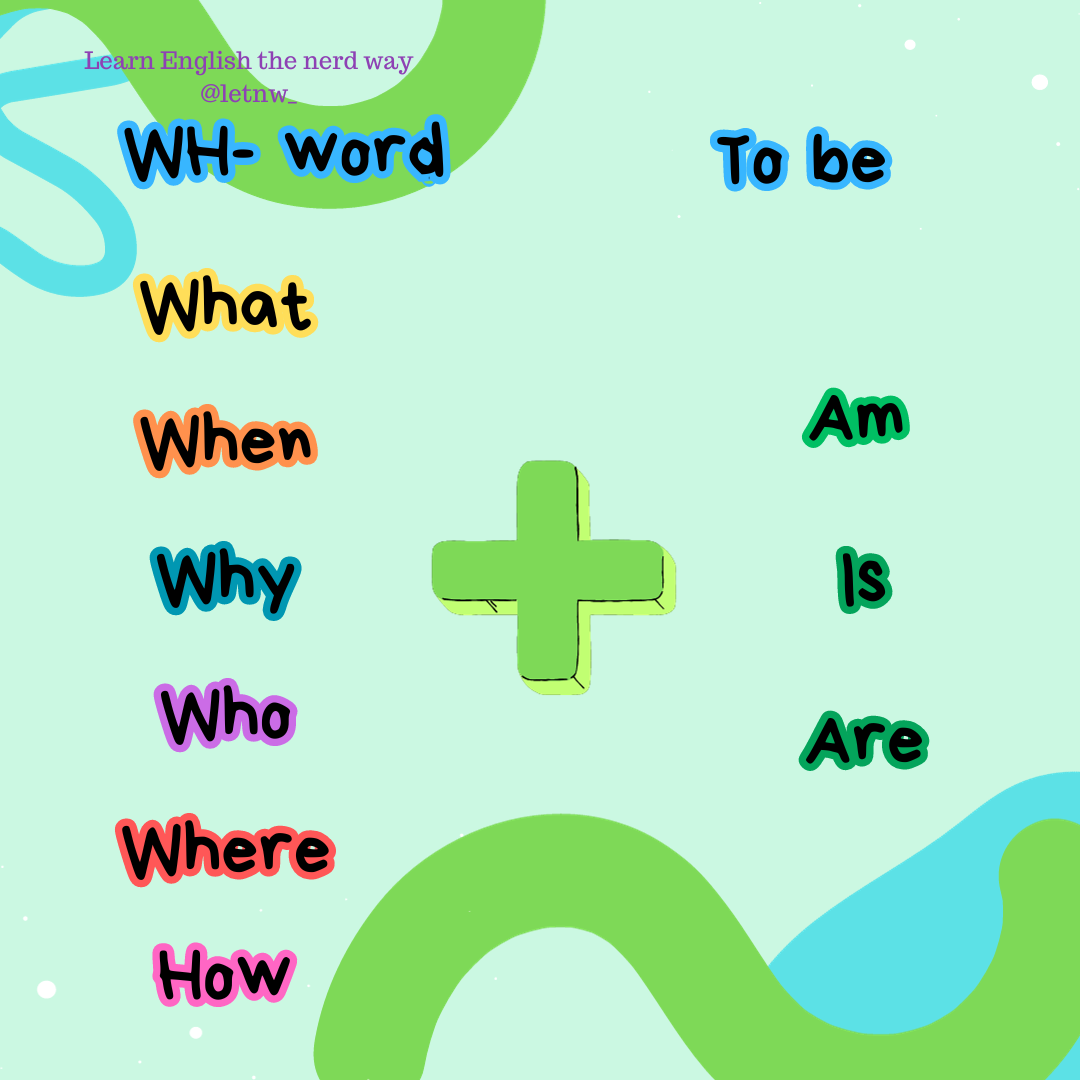
The WH-questions are a series of words that we use to make questions in order to find specific information; all these questions start with WH-, except for one, but it’s included in this category.
-
Verbs, part 1
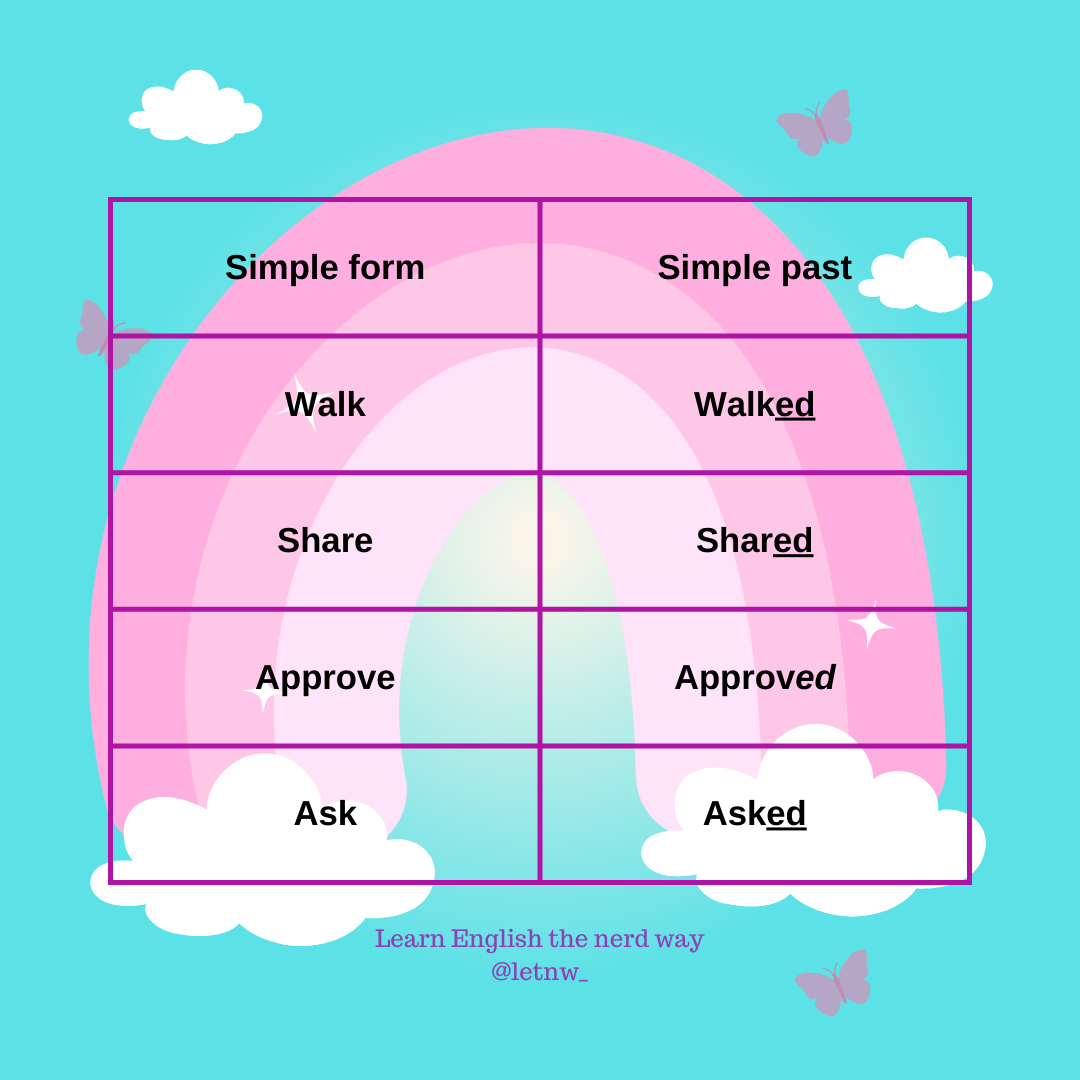
In every language there are these wonderful words we call “verbs”. Verbs are one of the nine parts of speech that exist in the English Language, and one of the four major word classes.
-
Introductions and formality
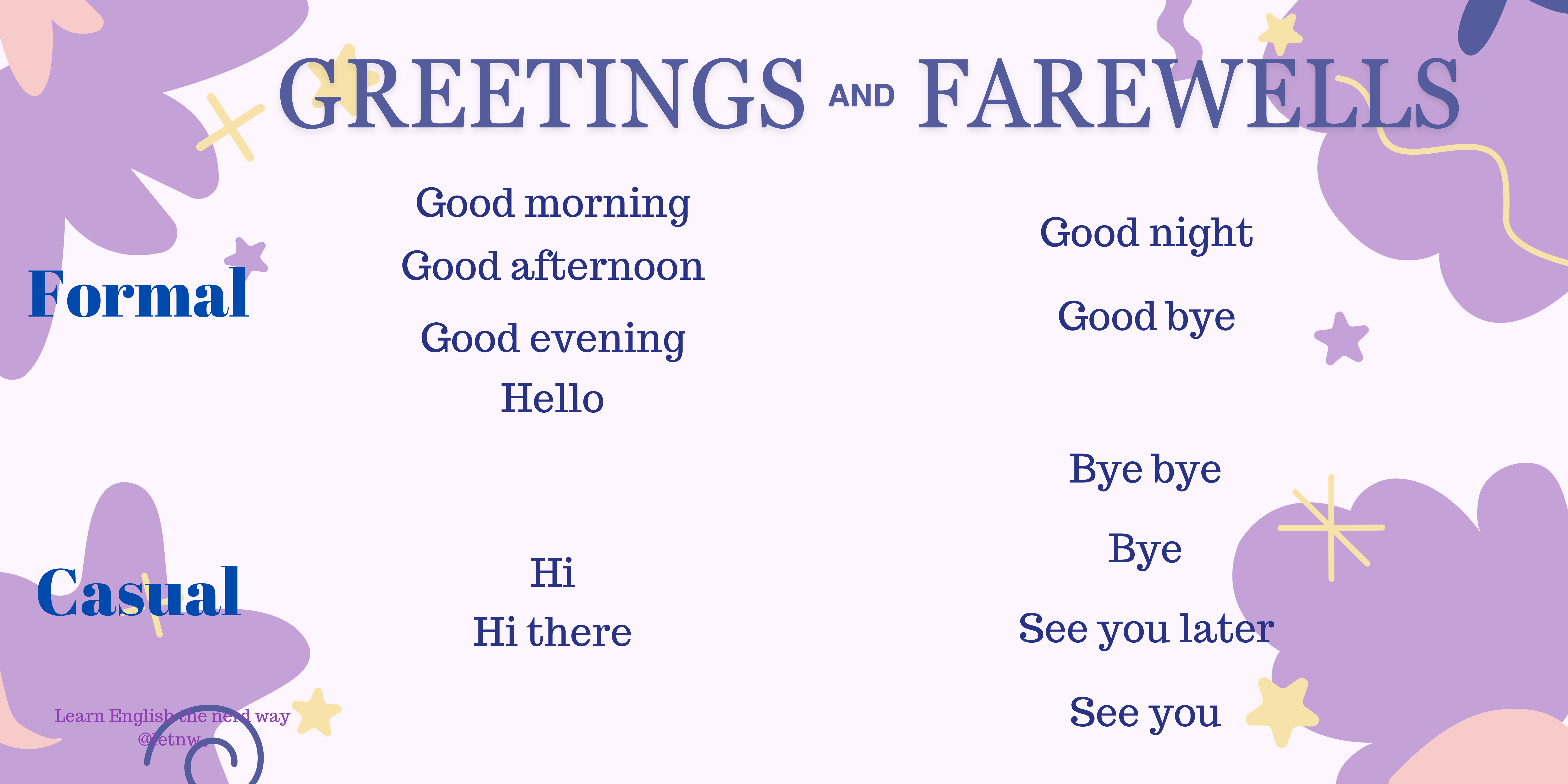
It is customary that, when we meet someone for the first time, we introduce ourselves by saying our name and asking the other person for theirs, however, the conversation, or what we say next, may depend on the context of the situation we find ourselves in.
-
Articles
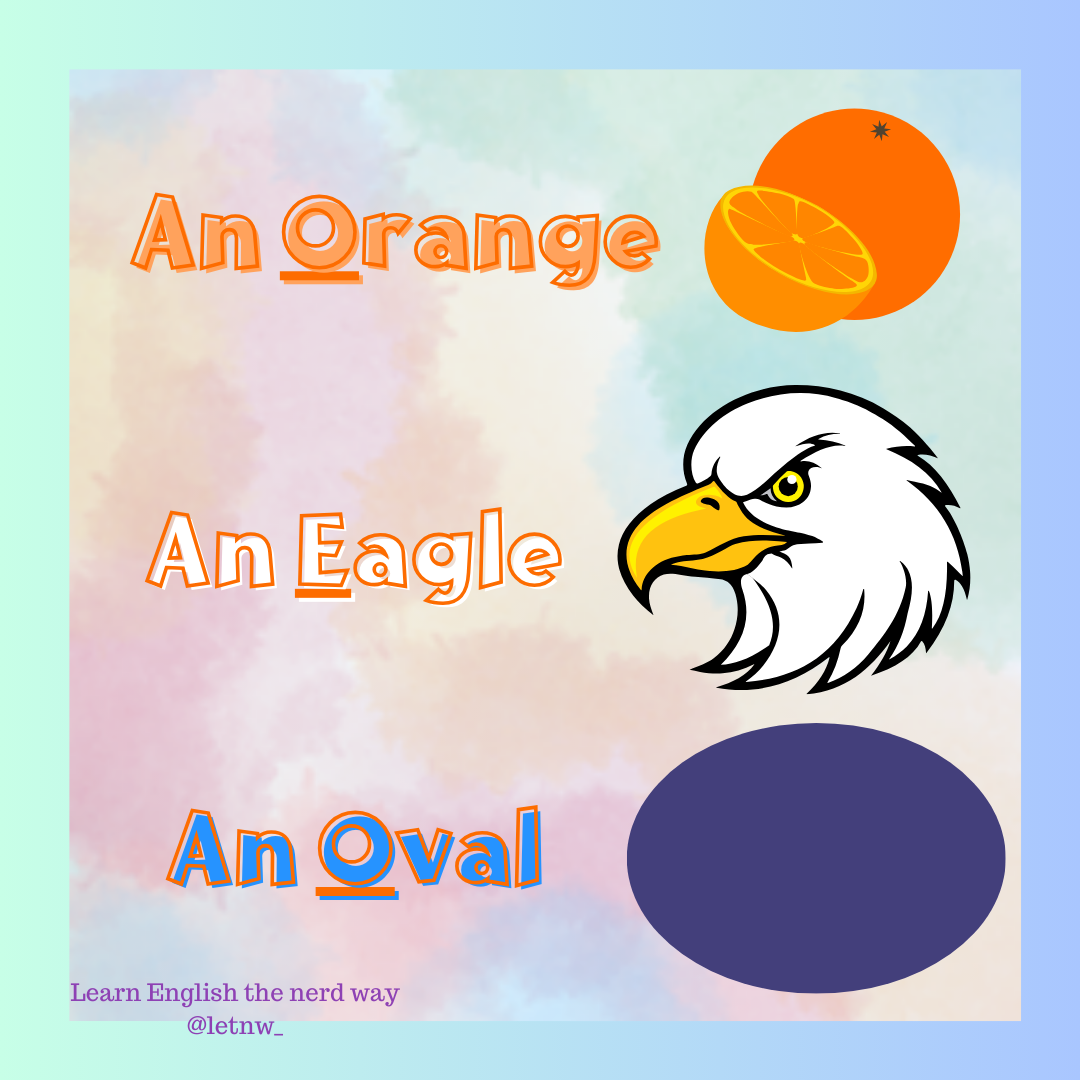
In this post we will talk about indefinite and definite articles and how to use them in a sentence.
-
Phonology: Accents, the phonemic chart and phonemes.

Around the world exist a variety of what we call “accents” in the English language, for example the American accent, the English accent, Irish, Scottish, Australian, and generally every English speaking country has it’s own accent…
-
Verb to be
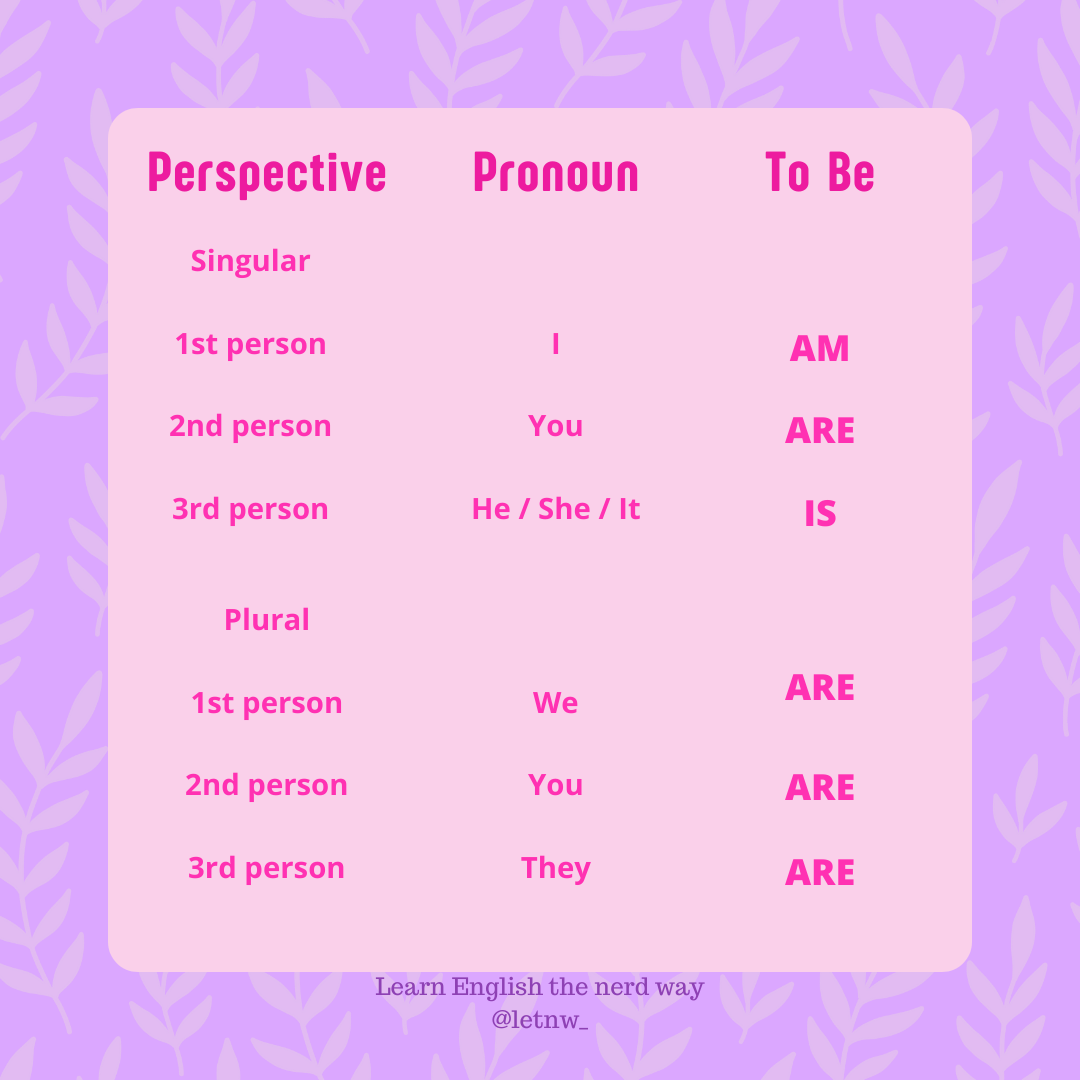
The verb TO BE, as an auxiliary, can help us place the focus on the subject, giving the sentence a grammatical structure that we can use to convey a meaning. This particular verb can help us answer this questions: what something is? Who someone is? How something/someone is?
-
Personal pronouns
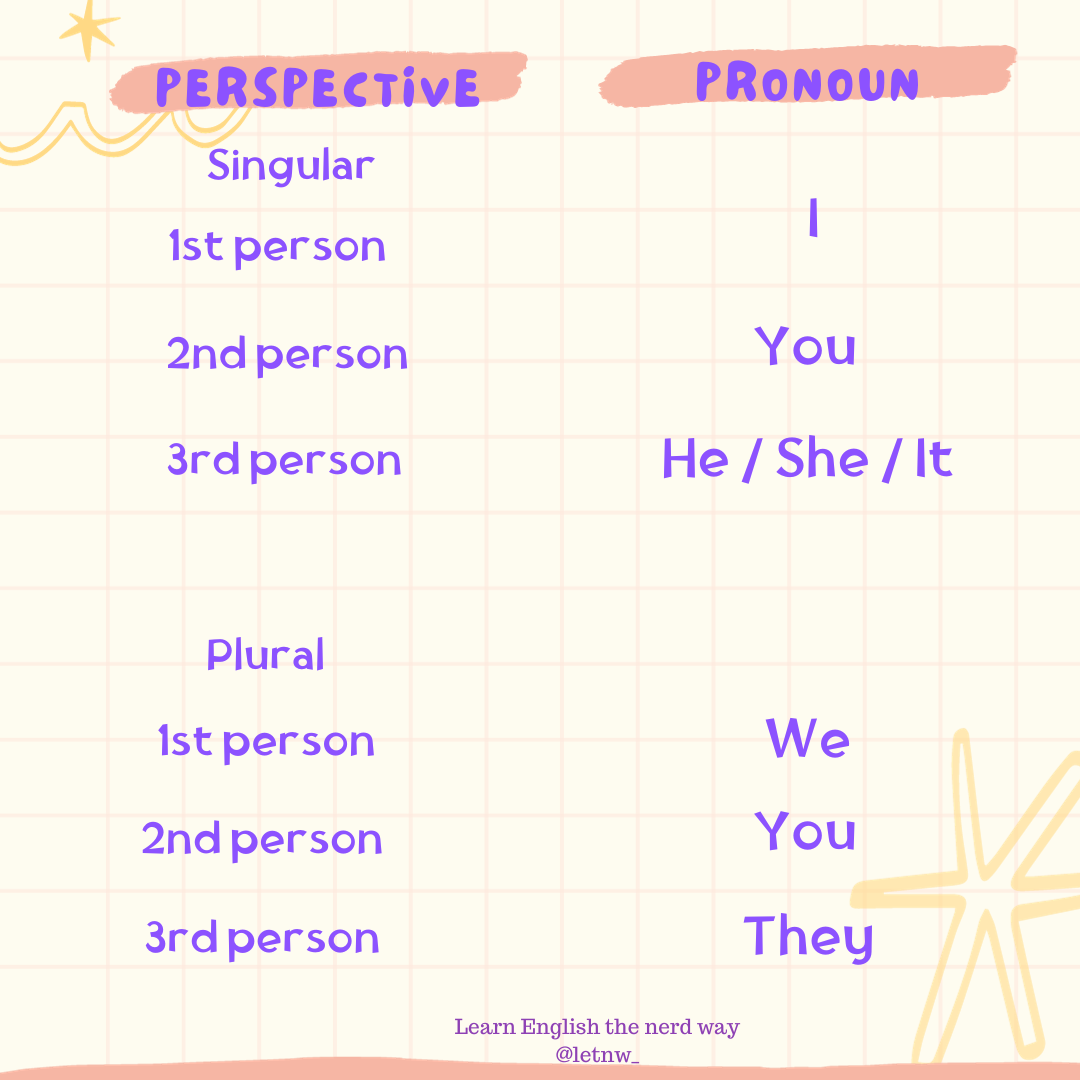
As you might remember, one of the Parts of speech that make up the English language are “PRONOUNS”. There are different types of pronouns: object pronouns, possessive pronouns, etc. In today’s post, we will review “PERSONAL PRONOUNS”.
